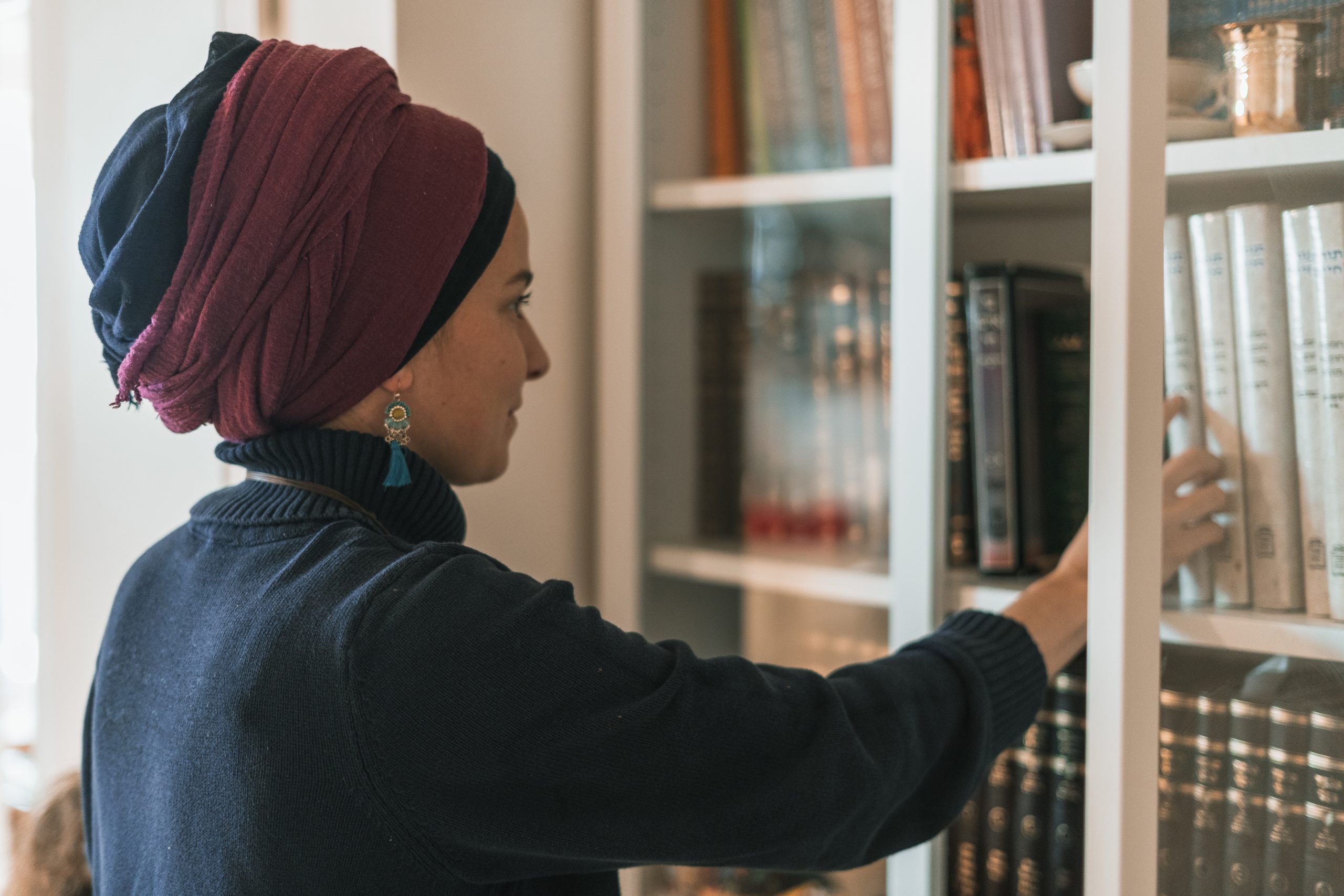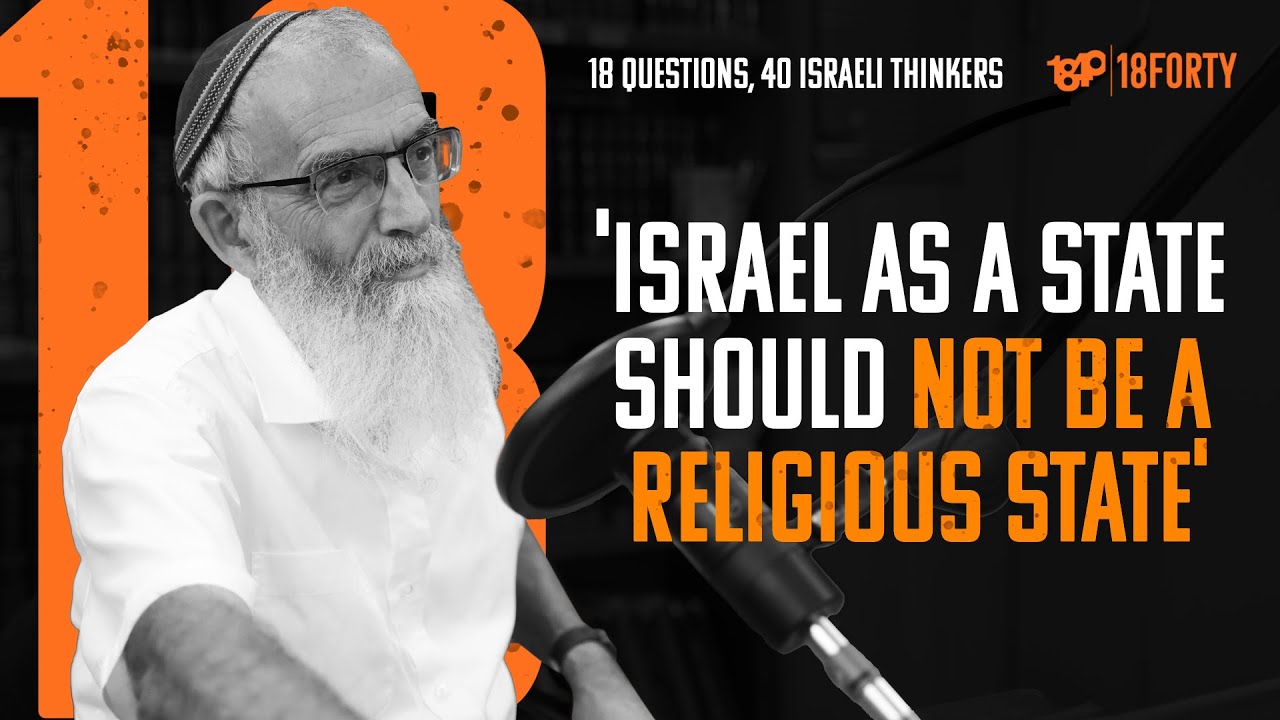My husband and I have been married for over 15 years and, thank G-d, have a wonderful relationship. I can honestly say I have the utmost respect for him, and he is my closest friend.
To give some background, my husband and I met at a time in our lives when the pendulum swung to an extreme on both ends. I had recently gone through a divorce in which my ex-husband—who wore a black hat at times—did not have any integrity, morality, or honesty. After my divorce, what was most important to me was finding someone with a strong, internal moral compass. I didn’t care about how religious someone looked outside but cared about who the person was inside.
My current husband, before we met, was in a committed relationship for an extended period with a woman who was not Jewish. Afterward, he realized he wanted to be with someone Jewish, and at the time, he also stopped eating non-kosher meat and began wearing a kippah when sitting down for a meal, knowing he wanted a Jewish life.
Religiously, we were on very different pages, but our paths crossed and we wanted to make it work. The rest is history.
Like all relationships, we have our fights and challenges, but the biggest difficulties emerge from our religious differences. Even so, we are committed to this relationship and to our family. We realized that for a relationship like ours with such stark differences to succeed, we would need some sort of compromise—especially when it came to children. So, that’s what we did.
With love, flexibility and respect, you will naturally find a happy medium. That was the case for me and my husband.
My husband rarely goes to shul, and when he’s on his own, he does not keep Shabbos or kashrut. In the home, he agreed to only use his phone privately in the bedroom and to never drive on Shabbos. On my end, though before meeting him I never ate food not clearly kosher, I have become lax on the types of hashgachot (kosher certifications) acceptable for eating outside the home, and when he and I are away together, I agreed to “eat out dairy” with him (preferably vegan or sushi, but if not, then vegetarian items). I also bring the kids to shul every Shabbos by myself so he has time to relax in the morning.
I’m sure he wishes I was not as strict with kashrut and Shabbos, and I for sure wish he observed more things, but the mutual respect and love we have for one another is far more important than the individual actions we each take upon ourselves. It’s important we nurture the other’s individuality while working together to strengthen our relationship.
It definitely becomes tricky with children, especially as they age and observe what’s going on around them. My older boys have caught my husband using his phone on Shabbos and generally know that he does not have the same spiritual strength as me. We explain to them that he grew up in a home that did not know any of the rules the Torah wants us as Jews to follow and that he is trying his best to take on what he can. (To be clear, my husband does appreciate the concept of Shabbos and definitely appreciates the values religion tries to instill in our children; for example, he loves that Shabbat protects quality time together and religion encourages chessed and midot.)
We know many families where both parents were religious, and as their children grew into adulthood, they did not follow their parents’ religious paths. This is not to negate the importance of a religious home, but ultimately, children take their own paths, sometimes not the ones we would choose for them.
There are few feelings worse than loneliness, and religion does not have the same beauty if someone feels lonely. If two people are in love and have many similar traits and values, religion should not drive them apart. With love, flexibility and respect, you will naturally find a happy medium. That was the case for me and my husband.
Most relationships have challenges. The question you need to ask is: What is most important in life? How do you want to raise your children? What type of household do you want to have? It is never black and white, and if you are stuck on not budging from your view whatsoever, any relationship will likely be problematic. The most important message from my end is to not let religion prevent you and your spouse from loving and respecting one another.





































